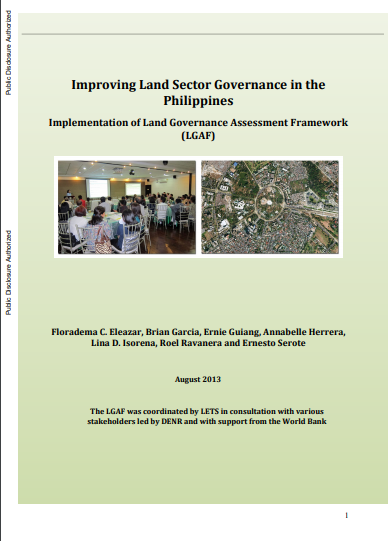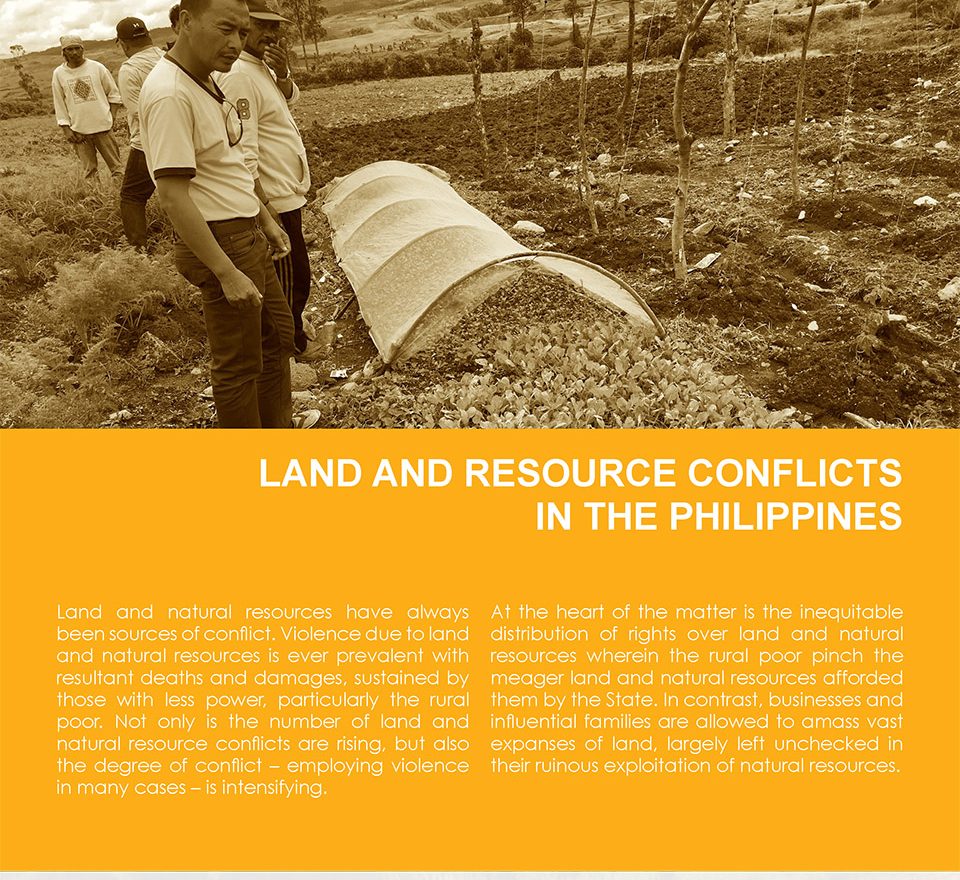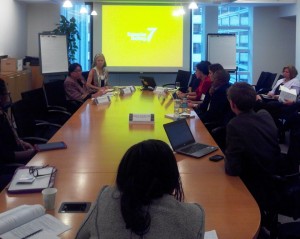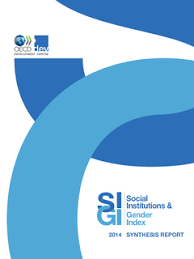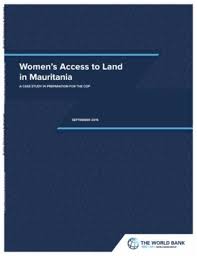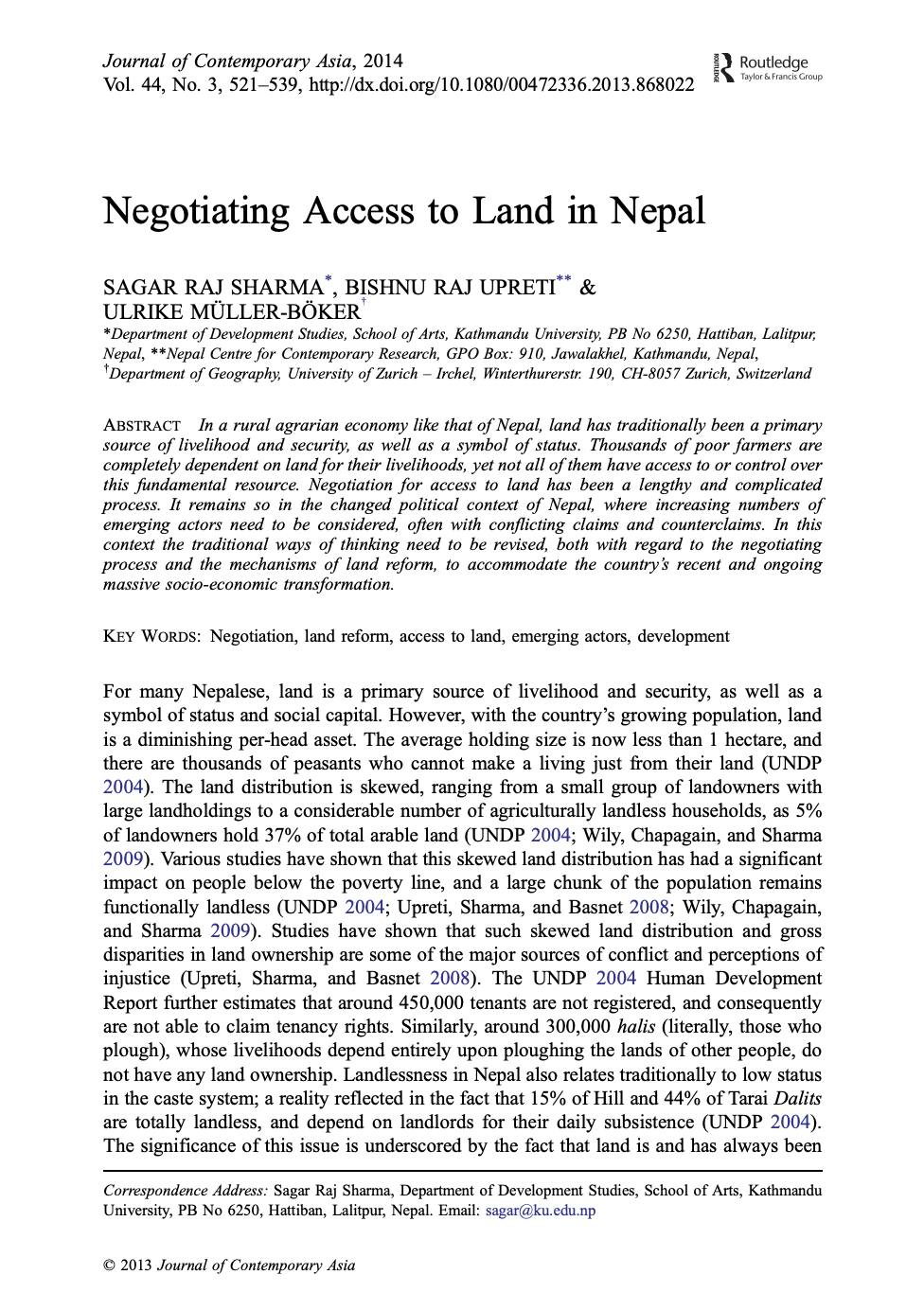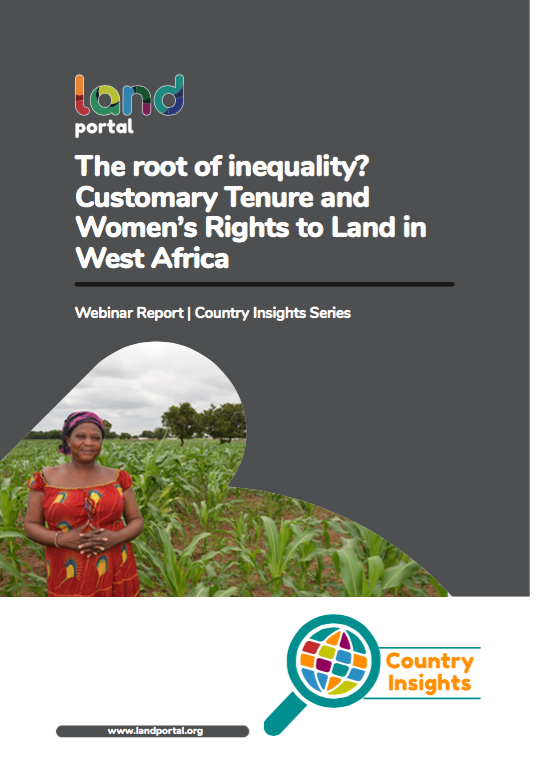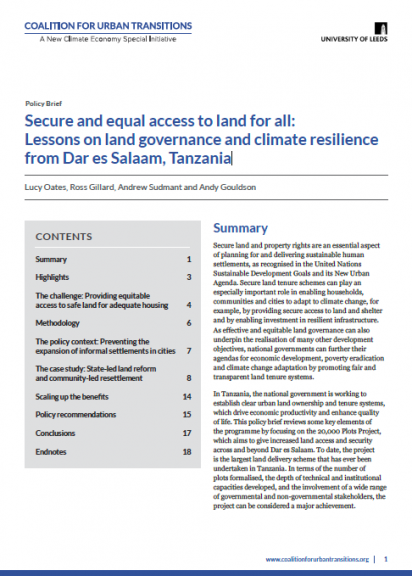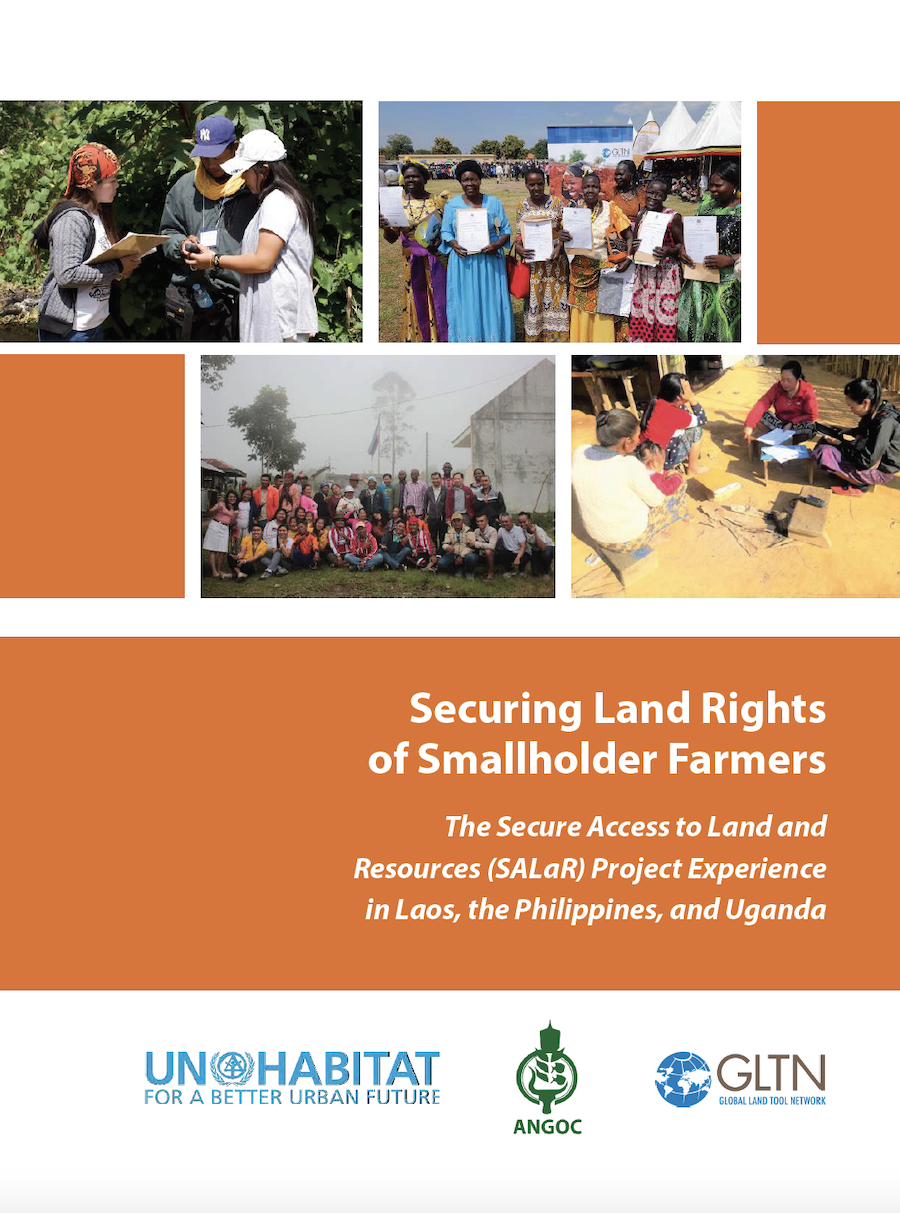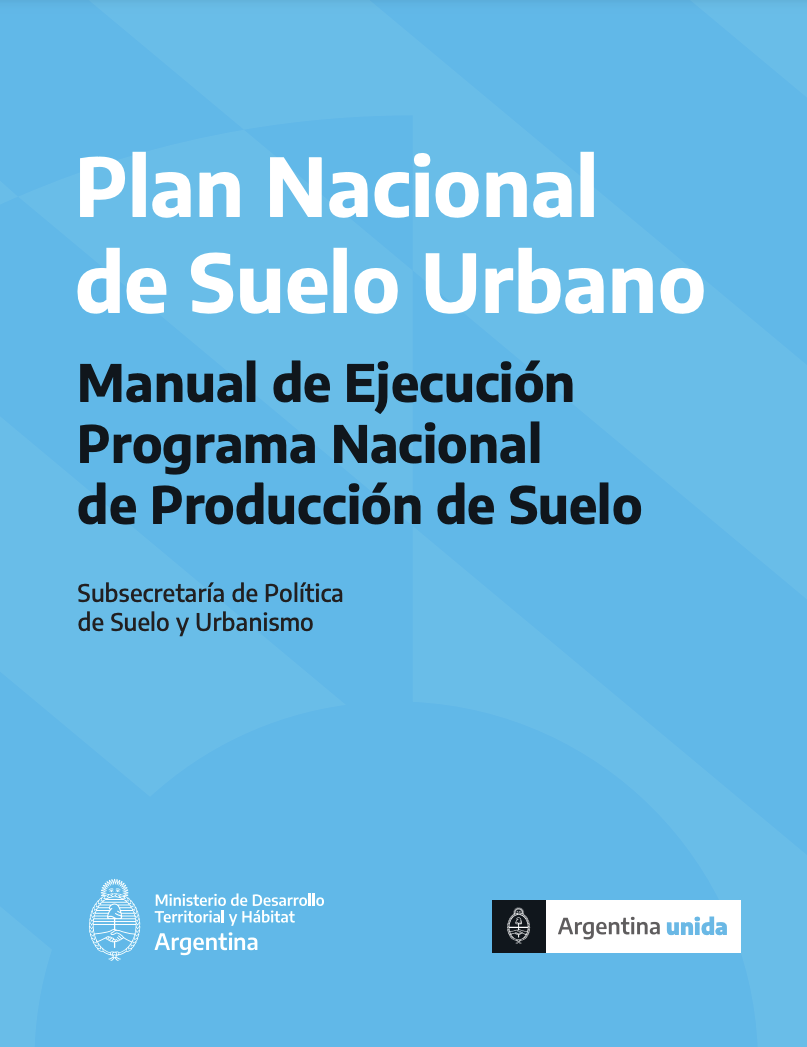Land Access Inequality and Education in Pre-Industrial Spain
By collecting a large dataset in mid-19th century Spain, this paper contributes to the debate on institutions and economic development by examining the historical link between land access inequality and education. This paper analyses information from the 464 districts existent in 1860 and confirms that there is a negative relationship between the fraction of farm labourers and literacy rates. This result does not disappear when a large set of potential confounding factors are included in the analysis.


